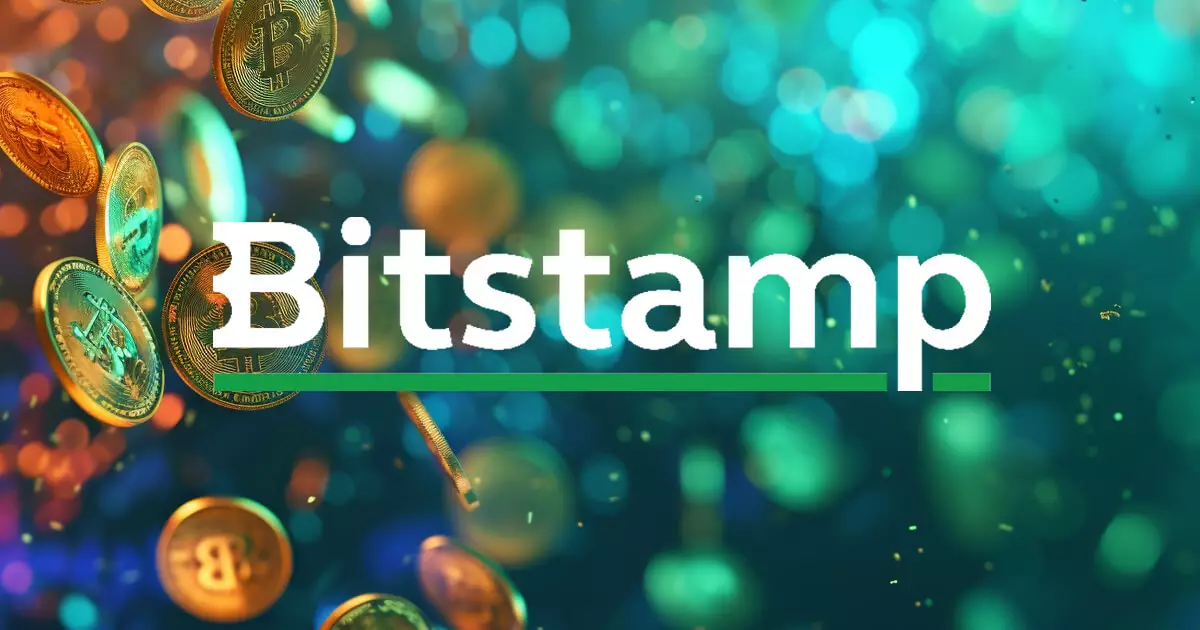Bitstamp, a popular crypto exchange, has recently announced that it has started the process of returning recovered digital assets to creditors of the defunct Mt. Gox exchange. This development signifies a major milestone in the decade-long effort to compensate those affected by the infamous 2014 hack that resulted in the collapse of Mt. Gox. Bitstamp is collaborating with Kraken and three other exchanges to assist the trustee in returning digital assets to creditors.
Bitstamp revealed that it will distribute Bitcoin (BTC), Bitcoin Cash (BCH), and Ethereum (ETH) received from the Mt. Gox trustees to Bitstamp customers starting on July 25th. Once necessary security checks are completed, recipients will have full control of their assets within a week. However, the first wave of distributions will not include UK customers, but they can expect to receive their restored assets in the coming months. Bitstamp has promised to provide more information to UK customers as the process progresses.
Bitstamp’s global CEO, Jean-Baptiste Graftieaux, expressed his pride in the exchange’s role in facilitating the restitution process. He also emphasized the remarkable growth of Bitcoin since the Mt. Gox hack. Graftieaux highlighted the fact that Bitcoin’s value has skyrocketed over the years, proving to be a valuable asset. Despite the difficulties faced by Mt. Gox investors in accessing their tokens, many of them are expected to make substantial profits due to the surge in Bitcoin’s value.
The collapse of Mt. Gox, which occurred in 2014 when Bitcoin was trading at around $600 per coin, left approximately 20,000 former users in a state of uncertainty. However, with Bitcoin’s current value exceeding $66,000 per coin, many of these users are likely to receive significant returns. The restitution process is set to include the distribution of over $9 billion worth of Bitcoin, Bitcoin Cash, and Ethereum to the affected creditors. Mt. Gox, once responsible for more than 70% of Bitcoin transactions, was forced to halt withdrawals in February 2014 after detecting suspicious activities in its digital wallets, leading to its eventual declaration of bankruptcy.

